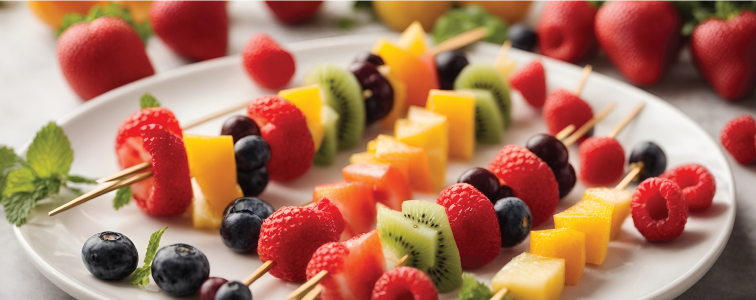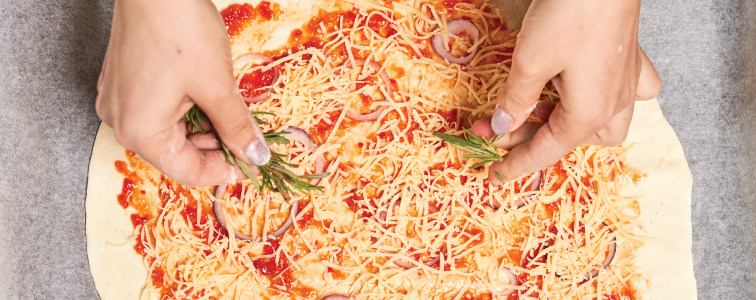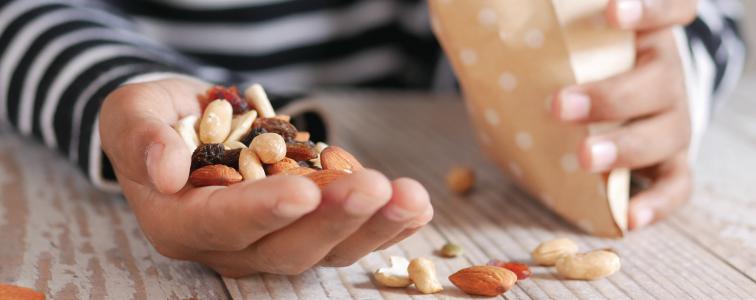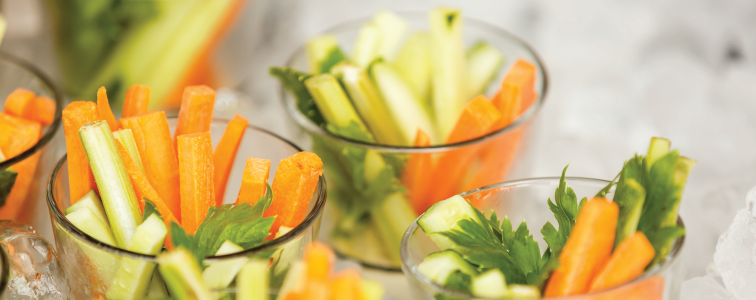
Cooking activities not only provide a hands-on learning experience but also promote creativity, teamwork, and healthy eating habits. Here, we’ll explore some delightful cooking ideas, tips for engaging children, safety precautions, and additional insights for a memorable culinary adventure!
Sample Cooking Activities
FRUIT KABOBS

Encourage children to assemble colorful fruit kabobs using chunks of strawberries, grapes, pineapple, and melon. This activity promotes fine motor skills and introduces the concept of balanced snacks.
DIY PIZZA

Set up a pizza-making station with pre-made dough, tomato sauce, cheese, and assorted toppings like sliced vegetables, pepperoni, or olives. Children can personalize their pizzas, fostering creativity and exploration of different flavors.
TRAIL MIX CREATION

Provide a variety of ingredients such as nuts, dried fruits, pretzels, and chocolate chips. Let children mix and match ingredients to create their custom trail mix. This activity teaches children about healthy snacking options and portion control.
VEGETABLE GARDEN CUPS

Fill small cups with hummus or ranch dip and provide an assortment of raw vegetable sticks like carrots, cucumbers, and bell peppers. Children can dip and munch on their veggie creations, learning about the importance of including vegetables in their diet.
Engaging Children
HANDS-ON APPROACH
Encourage active participation by involving children in every step of the cooking process, from measuring ingredients to mixing and tasting.
STORYTELLING
Incorporate storytelling related to the ingredients or cultural significance of certain dishes to make the cooking experience more educational and engaging.
MUSIC & DANCE
Play lively music in the background and encourage children to dance or sing while they cook, turning the kitchen into a fun and festive environment.
Safety Tips
- Supervision: Always closely supervise children during cooking activities, especially when handling sharp objects or hot surfaces.
- Hand Washing: Emphasize the importance of washing hands before and after handling food to prevent the spread of germs.
- Safe Handling of Utensils: Teach children how to safely use kitchen tools like knives and graters, emphasizing proper techniques and handling.
- Allergen Awareness: Inquire about any food allergies or dietary restrictions among the children and ensure all ingredients are safe for consumption.
Additional Information
NUTRITION EDUCATION
Use cooking activities as an opportunity to discuss the nutritional value of different foods and the importance of a balanced diet.
CULTURAL EXPLORATION
Introduce children to diverse cuisines from around the world, promoting cultural awareness and appreciation for different culinary traditions.
PARENT INVOLVEMENT
Consider hosting cooking events where parents can join their children in preparing healthy meals together, fostering family bonding and shared learning experiences.
Cooking activities provide a fantastic avenue for young children to explore the world of food while developing essential life skills. By incorporating engaging activities, prioritizing safety measures, and fostering a supportive learning environment, childcare and afterschool programs can inspire a lifelong love for cooking and healthy eating habits in children. Let’s embark on this culinary journey together, one delicious dish at a time!
Do you have questions about nutrition or specific food items?
